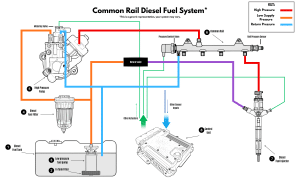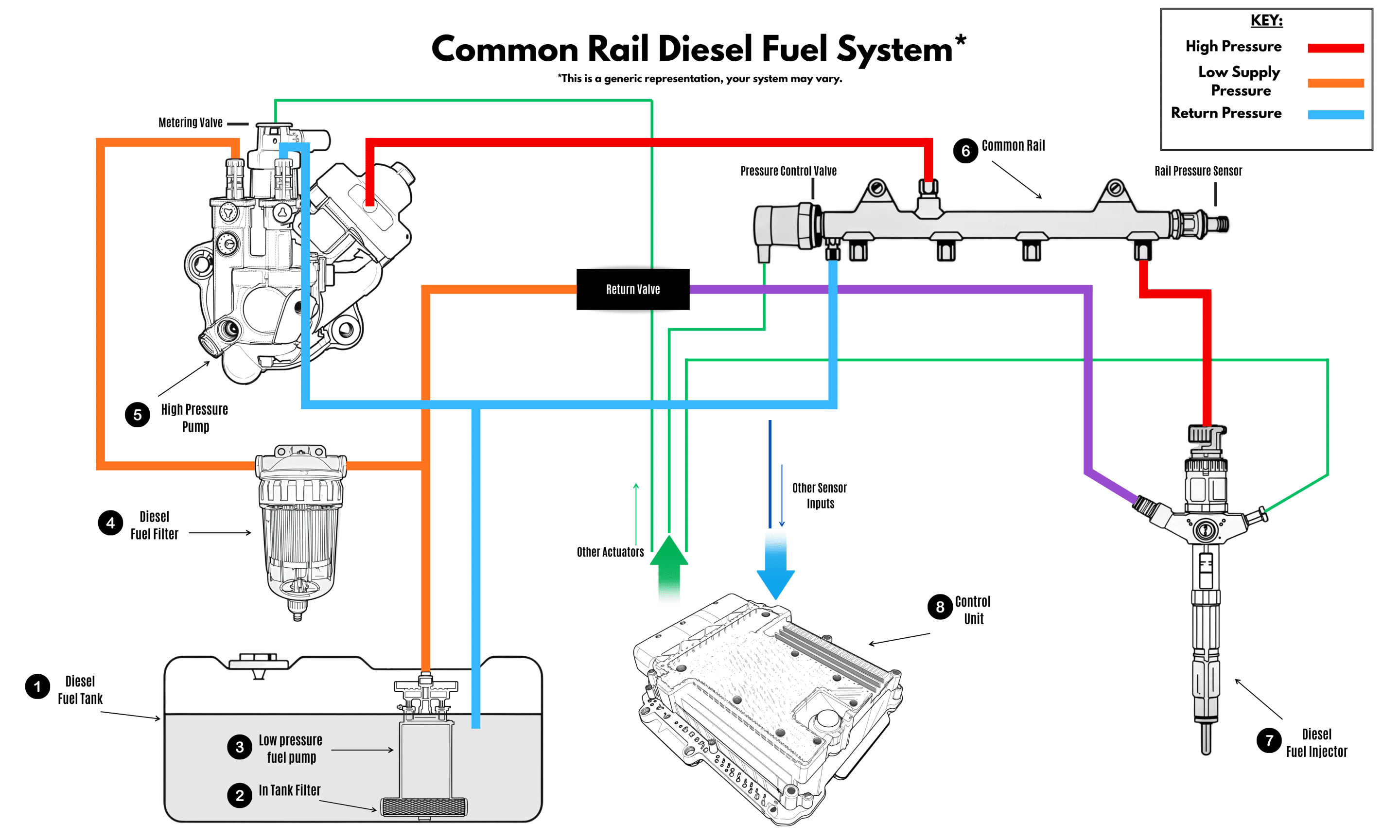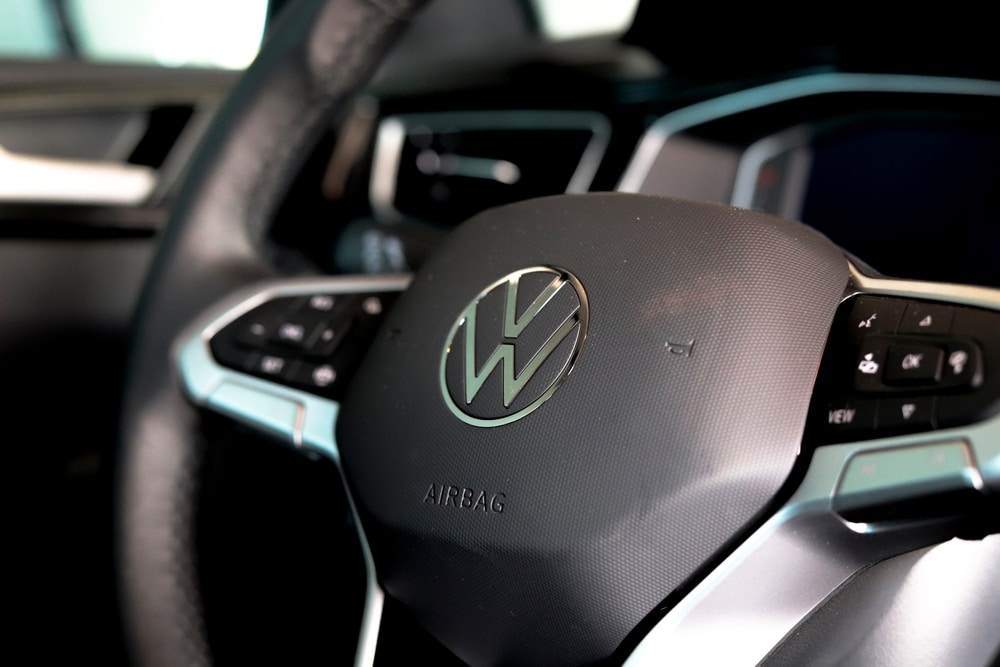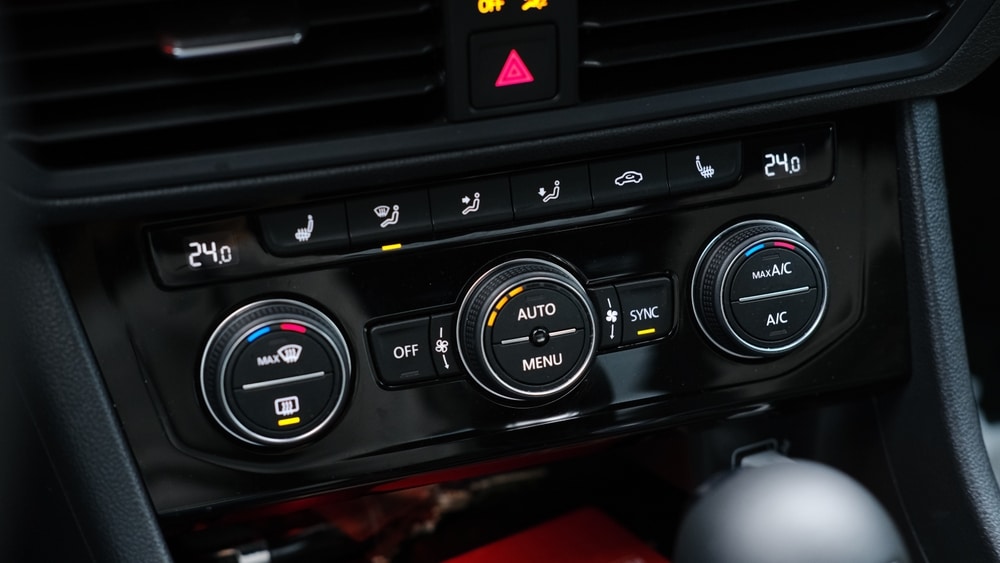How the Diesel Fuel System Works
Behind every smooth-running diesel engine is its fuel system. It carries out one of the most vital jobs: delivering diesel from the tank to the engine so combustion can take place.
Without it, your car wouldn’t move at all.
The diesel fuel system is highly engineered to accurately manage pressurised fuel, giving today’s engines their balance of strength, fuel economy, and reliability.
But here’s the issue.
Because the system operates at very high pressure with precise timing, even small oversights – like missing a diesel fuel filter change or accidentally misfuelling can quickly lead to costly problems.
Throughout this article, you’ll uncover how your diesel fuel system functions, what can go wrong if servicing is ignored, and why drivers in Norwich and the nearby areas choose CSN Autos in Wymondham, a multi-award-winning garage, for expert diesel care.
Diesel Fuel System: How It Works
Diesel fuel systems come in many different forms, but most modern vehicles are equipped with a common rail diesel fuel system.
While there are slight variations in the common rail design, the basic concept remains the same: a single high-pressure rail supplies fuel to all injectors, allowing accurate timing and consistent delivery.
The setup is divided into two key stages:
- Low-pressure stage: Fuel is moved from the tank by the diesel fuel pump and passes through filters before reaching the high-pressure pump. This stage makes sure the supply is clean, steady, and at the right pressure before entering the next stage.
- High-pressure stage: The high-pressure pump raises the fuel to the extremely high pressures required (around 1800 Bar) and moves it in the common rail, which distributes fuel evenly. From there, diesel injectors atomise it into a fine mist, delivered into the cylinders with precision timing for combustion.
Overall, the diesel fuel system helps supply clean, pressurised fuel to the cylinders for efficient and reliable performance.
If you’d like expert advice on your vehicle’s system, CSN Autos in Wymondham can confirm this during your service.
Diesel Fuel System: Inside and Up Close
After explaining the big picture, it’s worth breaking down your diesel fuel system into its individual parts. Every component contributes to the process, and when they work together, the engine performs as it should.

The Low-Pressure Section of the Diesel Fuel System
Fuel Tank & Low-Pressure Fuel Pump
The diesel fuel system starts at the tank (part 1 of image). A low-pressure pump (part 3 of image) then delivers the fuel forward, ensuring a steady supply before it reaches the high-pressure pump.
Diesel Fuel Filter
Next, the diesel passes through filters (parts 2 and 4 of image). These capture particles and remove the water content that is always present in diesel, reducing the risk of wear or corrosion across the system.
High-Pressure System
High-Pressure Pump
After filtering, the fuel enters the high-pressure pump (part 5 of image). This pump compresses diesel to the high levels—around 1800 Bar—needed for the injection process.
Metering and Pressure Control Valves
At this stage, there are two crucial valves involved:
- Fuel metering valve: Determines how much diesel enters the high-pressure stage.
- Pressure control valve: Keeps the common rail at the correct pressure so the system can adapt smoothly to different driving conditions.
Fuel Rail
The common rail (part 6 of image) functions as a pressurised reservoir, holding fuel at high pressure and distributing it evenly across the injectors.
Diesel Injectors
The process finishes at the injectors (part 7 of image). These precision parts atomise the diesel, spraying it as a fine mist, timed perfectly to support clean and efficient combustion.
The Unique Aspects of the Diesel Fuel System
At first glance, your diesel fuel system might look like a collection of pipes and parts, but in reality, it’s a highly engineered system with some standout features:
- Engineered performance: Every stage – from the pumps and filters through to the injectors – works with incredible accuracy. Together, they ensure consistent performance, efficient running, and reduced emissions.
- Precision under pressure: Combining low-pressure delivery with extremely high-pressure injection, your diesel fuel system supplies exactly the right amount of diesel in milliseconds. The pressure is far higher than tyre pressure, atomising diesel into a fine spray for clean combustion.
- Contamination risk: Even small traces of water or debris can affect performance. That’s why replacing filters on time and using good-quality fuel is essential to protect the system.
This combination of features shows why the diesel fuel system is both advanced and reliable when serviced correctly. However, if regular maintenance is neglected, it can lead to expensive repair costs.
What Happens Without Diesel Fuel System Servicing?
Your vehicle’s diesel fuel system is designed to run with precision, which means even small lapses in servicing can lead to significant faults.
Some common problems often include:
- Missed filter replacements: Diesel filters remove dirt and separate water. If ignored, these contaminants move through the system, wearing down pumps and injectors and causing corrosion.
- Repeat damage: Once impurities circulate, they rarely affect only one part. Unless the root cause is removed, pumps, injectors, and rails can all fail again.
- Low-quality diesel: Inferior or contaminated fuel often contains water and debris that damage high-pressure components like the pump, rail, and injectors.
The cost of a filter change is modest compared with the high expense of a full system repair.
Another frequent issue to be aware of is misfuelling. Adding petrol to a diesel system is an easy mistake and can be highly damaging. Because petrol doesn’t lubricate like diesel, even turning on the engine for a split second can harm the high-pressure pump and injectors.
If you accidentally misfuel, the most important thing is DON’T start the vehicle; call an expert immediately.
Protecting Your Vehicle’s Diesel Fuel System
The diesel fuel system is a finely engineered part of your vehicle. If you look after it properly, it delivers dependable performance day after day. Left without servicing or contaminated by misfuelling, however, small problems can escalate into major repairs.
The good news is that there are simple ways to protect it. Following manufacturer servicing intervals, changing your diesel fuel filter when required, and filling up with quality diesel all help prevent expensive issues.
Staying on top of these preventative steps is far less costly than dealing with a complete system failure… And trust us, the last thing you need is an expensive repair bill.
For drivers in Norwich and the surrounding area, CSN Autos in Wymondham provides award-winning service to keep your diesel fuel system in excellent condition.
Why Drivers Choose CSN Autos, Wymondham
When it comes to keeping your diesel fuel system in top shape, it pays to choose a garage with proven expertise. At CSN Autos, we’ve built a reputation for award-winning service and customer trust.
Here’s why drivers in Wymondham and Norwich choose us:
- Multi-award-winning garage (South Norfolk Small Business of the Year 2024, Top Garage Finalist 2023 & 2024, SME Southern Enterprise Awards Best Auto Repair Centre 2023 Norfolk).
- 12-month parts and labour guarantee on all work.
- Courtesy cars available to keep you moving while your vehicle is with us.
We’re proud of our {{average-rating}}⭐ Google rating from {{review-count}} happy customers in Wymondham and Norwich, giving you confidence when you book your service.
📞 Call 01953 425983 to arrange your diesel service with our team.
FAQ: Diesel Fuel System
1. How does a diesel fuel system work?
Most modern diesel vehicles rely on a common rail fuel system, though designs can differ. Fuel is first moved from the tank at low pressure, passing through pumps and filters, before the high-pressure pump compresses it. From there, it enters the rail and is injected into the engine’s cylinders for combustion.
2. What is a common rail diesel fuel system, and why is it beneficial?
A common rail diesel fuel system works in two stages. First, fuel is supplied from the tank at low pressure, moving through pumps and filters before reaching the high-pressure fuel pump. The pump then compresses the fuel and feeds it into the rail, which maintains it at high pressure. From there, the injectors atomise controlled amounts into the cylinders at the right moment for combustion.
This design ensures steady fuel delivery, cleaner burning, and smoother overall performance.
3. Why is servicing the diesel fuel system essential?
Regular maintenance protects critical components like the diesel fuel pump, rail, and injectors from dirt, water, and wear. Replacing the diesel fuel filter at the recommended intervals helps prevent breakdowns, keeps the engine reliable, and avoids the costly damage that contaminants can cause.
4. What typically causes faults in the diesel fuel system?
Common causes of diesel fuel system issues include skipped filter changes, misfuelling with petrol, poor-quality diesel with higher water content, or contamination. Even small particles can spread through the entire system, damaging the fuel pump, rail, and injectors.
5. What should you do if you accidentally put petrol into a diesel vehicle?
Petrol doesn’t provide the lubrication that diesel does. If it enters the system, it can quickly damage the high-pressure fuel pump, fuel rail, and injectors. Even starting the engine for a fraction of a second may circulate petrol through these parts and cause severe damage. If misfuelling happens, do not start the vehicle.
Call a professional immediately to have the tank drained, the system flushed, and in some cases, the filter and other components replaced to prevent long-term issues.
6. How much does repairing a diesel fuel system cost?
The cost depends on your vehicle and the extent of the damage. A routine diesel fuel filter replacement is inexpensive and highly effective as a preventative measure. Ignoring it, however, could lead to repairs involving the high-pressure fuel pump or injectors, which are far more complex and costly.
Do you still have questions about your diesel fuel system? Call CSN Autos in Wymondham on 01953 425983 for expert advice or to arrange your service.



